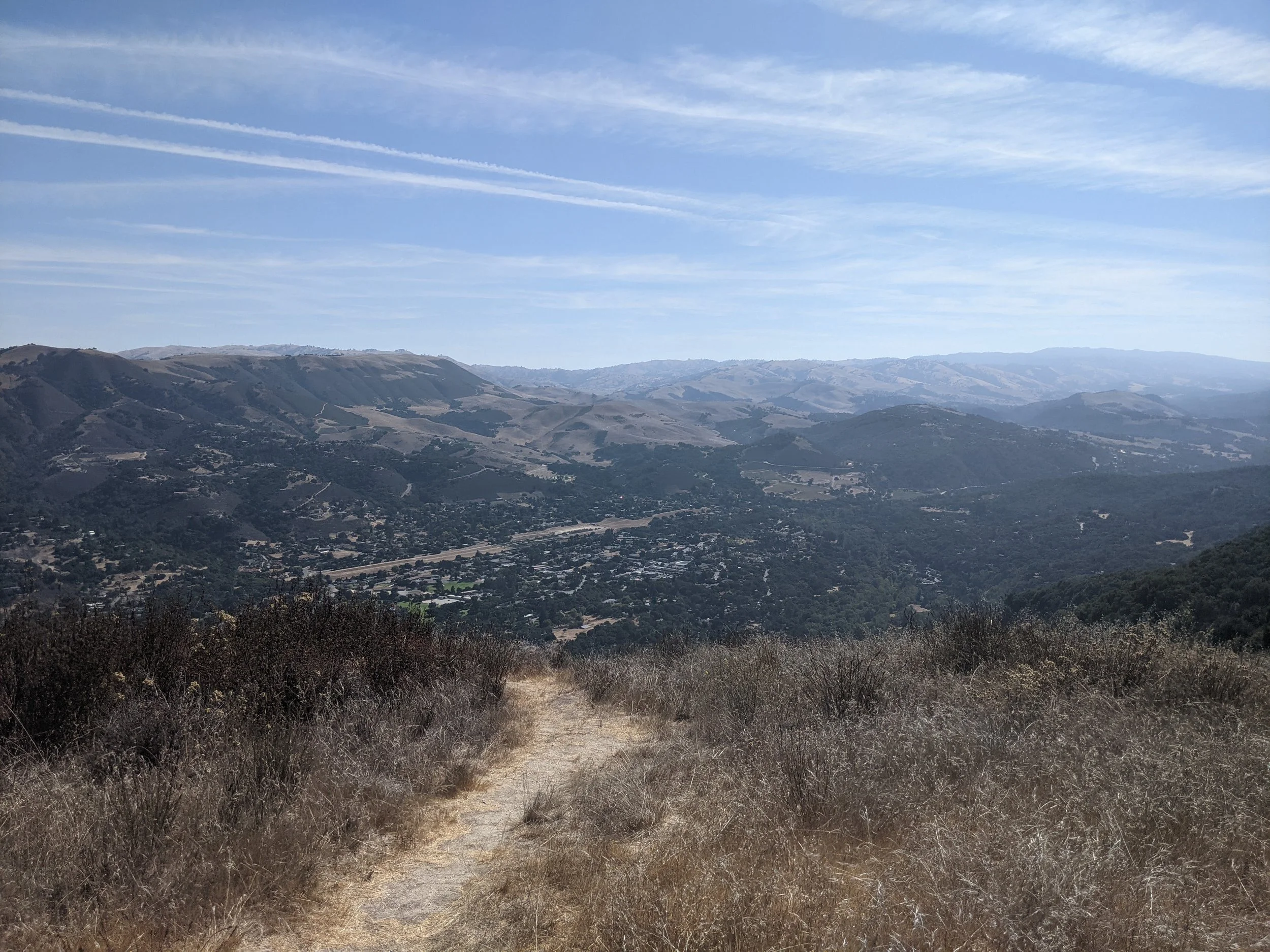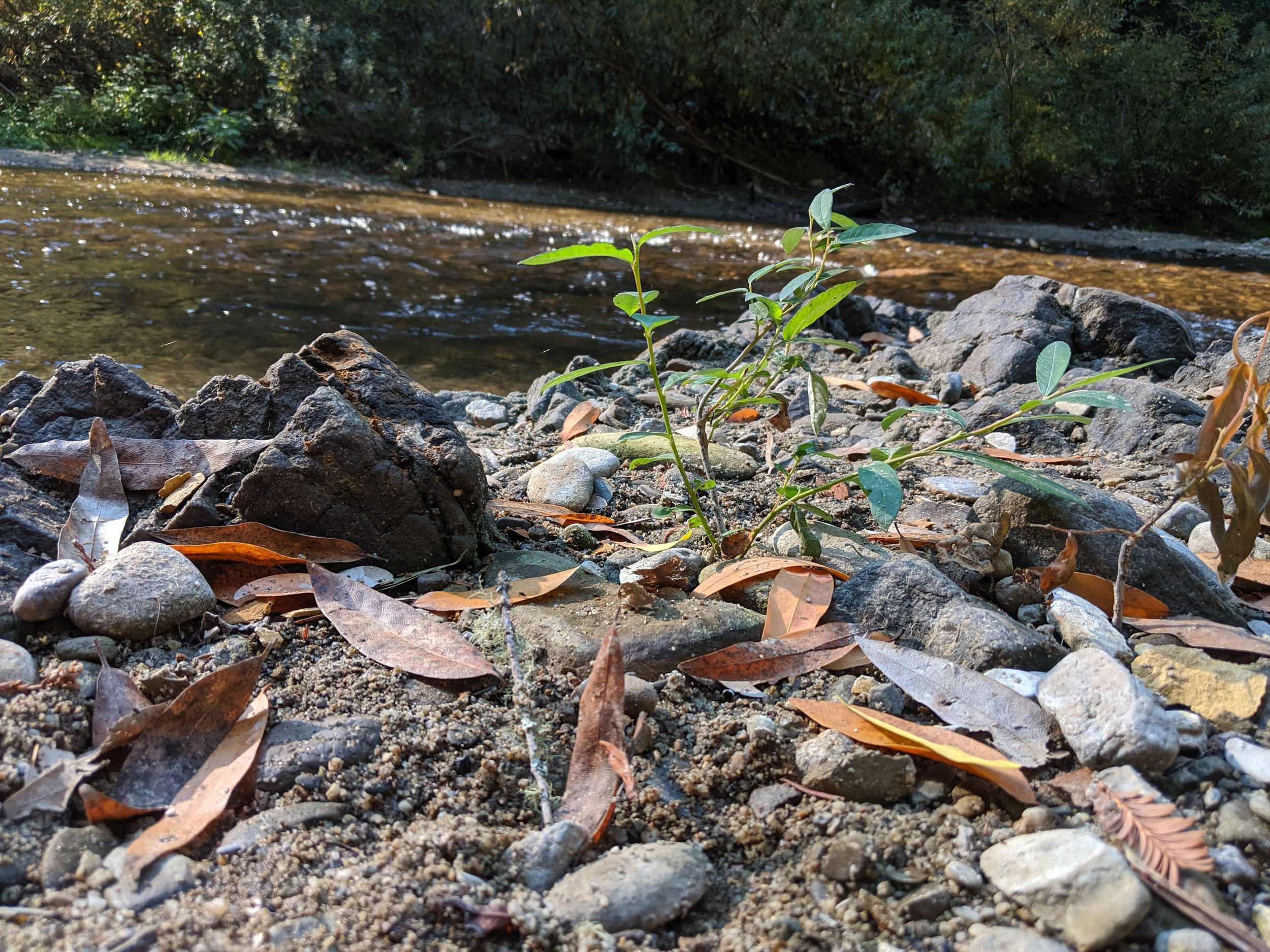"...For to such (people like children) belongs the kingdom of God." (Mark 10:14b)
What does this mean? To answer this question, we must recall how the disciples felt about Jesus, the kingdom, and these children. They had stood outside the house, policing who went in to see Jesus. They knew Jesus was the King of a kingdom, but they didn't yet understand the nature of that kingdom. So they kept this important man protected from little people of no consequence.
To the disciples, these children were small and insignificant -- merely kids in need of others to care for them -- not worthy of the glory of the kingdom. But Jesus said people like these children belonged in the kingdom. Those who were considered lesser in their society, those who were dependent on others, Jesus considered kingdom material.
God Looks for the Outcast
Isn't this God's normal way of operating? Consider Paul's words to the Corinthian church:
"For consider your calling, brothers: not many of you were wise according to worldly standards, not many were powerful, not many were of noble birth. But God chose what is foolish in the world to shame the wise; God chose what is weak in the world to shame the strong; God chose what is low and despised in the world, even things that are not, to bring to nothing things that are, so that no human being might boast in the presence of God." (1 Corinthians 1:26–29)
During our midweek Through-the-Bible Series, our church is currently studying the book of Genesis. It is a good example of God always looking for the less esteemed, those dependent on his blessings. In the societies found in Genesis, the right of the firstborn was a big deal. But God always chose the younger, rather than the firstborn. Seth instead of Cain. Isaac instead of Ishmael. Jacob instead of Esau. Joseph instead of everyone.
But then, even after making his choice, he reached out to the firstborns. Once they were bumped from their positions of honor, he blessed them. He blessed Hagar and Ishmael. He blessed Esau. He blessed Joseph's brothers.
On a global scale, God is doing something similar in our day. Many of the wealthiest nations of the earth have a long Christian history and foundation. The church used to be pivotal, central, and vibrant in various centuries throughout Europe and North America. But now, though the church still thrives in its own way in these regions, God is doing an accelerated work in nations and on continents without the Gross Domestic Product of the more prosperous nations. In South America, the church is rapidly growing. In Africa, Christianity is spreading like wildfire. And throughout Asia, God is on the move.
Relearn the Kingdom
Perhaps we need these reminders. Perhaps, like the disciples, we must relearn the kingdom.
In the book of Daniel, the Babylonian King Nebuchadnezzar had a dream. In it was a statue of a man. The head was made of gold. The chest of silver. The legs of iron. And the feet of iron and clay. Then a stone made without hands appeared and crushed the feet, thereby destroying the whole statue.
Nebuchadnezzar wondered what his dream meant. God gave Daniel the prophet the interpretation. The statue represented Nebuchadnezzar's kingdom and the lesser kingdoms that would follow. The gold head was the Babylonian kingdom. The silver midsection was the Medo-Persian Empire. The iron legs were the Greek Empire. And the iron and clay feet was the Roman Empire.
And the stone made without hands is Jesus' kingdom. God said that kingdom would:
"...Break in pieces all these kingdoms and bring them to an end, and it shall stand forever." (Daniel 2:44)
We would be tempted to think of Jesus' kingdom in the mode of the previous superpowers. Perhaps we should be like Babylon or the Medes or Greece or Rome. One day, Jesus' kingdom will appear in full glory, greater than any empire of history.
But, right now, his kingdom has come in humility. It's already here, internal and beautiful, but not yet outward and majestic. And God is looking for those the world system despises. They are kingdom material.
The kingdom is not achieved by force or radical reforms, but by becoming like powerless children, people who know their only real resource is God. Those who cling to God, desperate for his aid, are like the children Jesus saw that day. Dependents. Helpless, unless God helps us.



